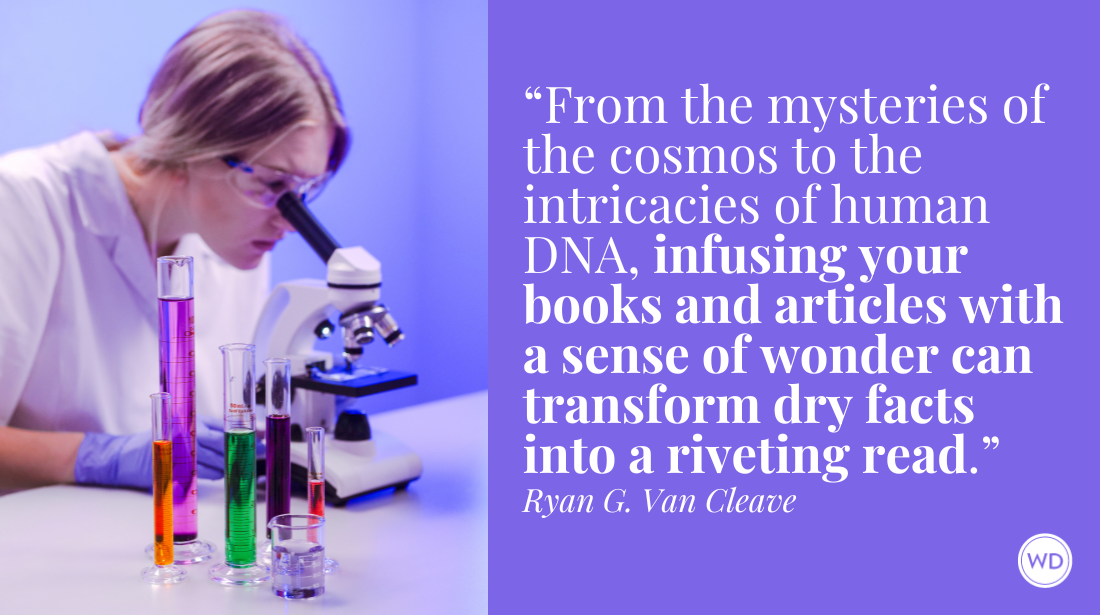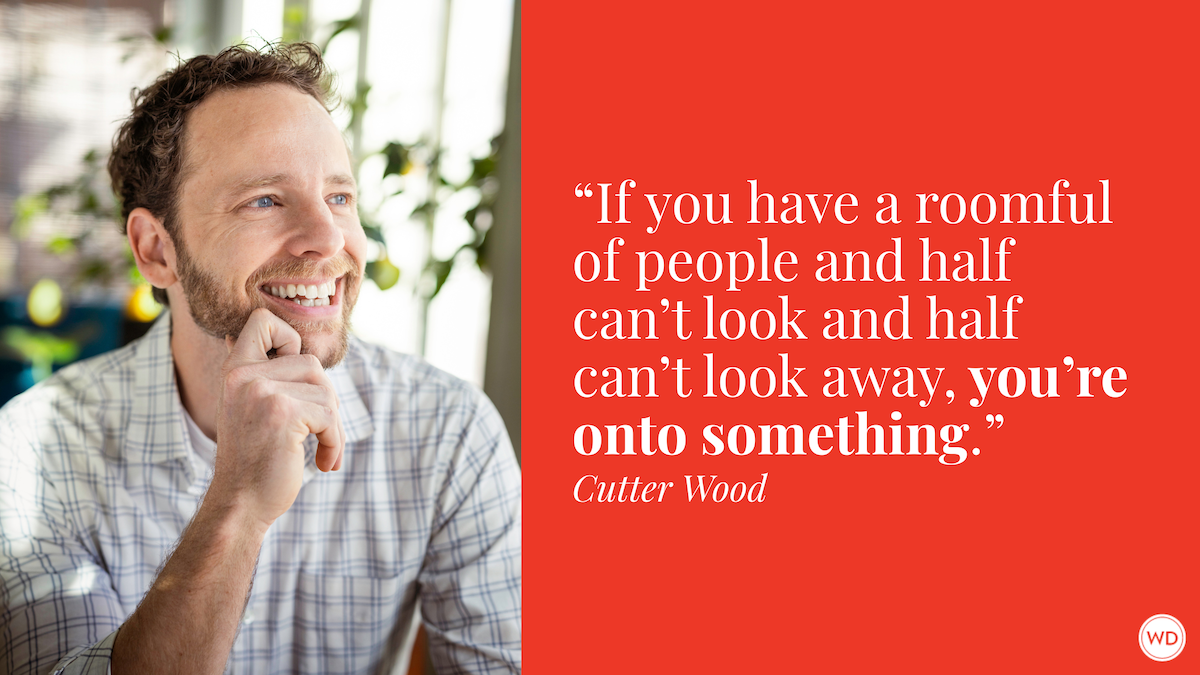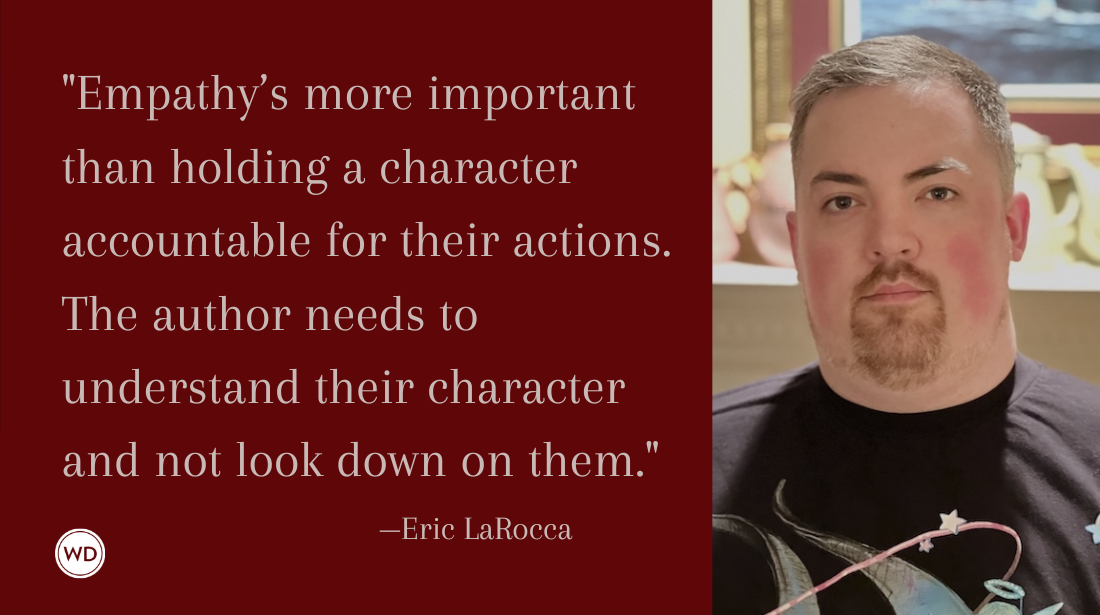Denise Williams: Romance, Healing, and Learning to Love Revisions
Author Denise Williams recounts her experience with writing her first book while learning about the publishing industry and the biggest surprise about novel revisions.
Denise Williams wrote her first book in the 2nd grade. I Hate You and its sequel, I Still Hate You, featured a tough, funny heroine, a quirky hero, witty banter, and a dragon. Minus the dragons, these are still the books she likes to write. After penning those early works, she finished second grade and eventually earned a Ph.D. in education, going on to work in higher education. After growing up a military brat around the world and across the country, Denise now lives in Des Moines, Iowa with her husband, son, and two ornery Shih-Tzus who think they own the house.
In this article, Williams recounts her experience with writing her first book while learning about the publishing industry, the biggest surprise about novel revisions, and more!
****
Click to continue.
****
Name: Denise Williams
Literary agent: Sharon Pelletier (Dystel, Goderich, & Bourret)
Title: How to Fail at Flirting
Publisher: Berkley/Penguin Random House
Release date: December 1, 2020
Genre: Romance
Elevator pitch for the book: Dr. Naya Turner’s job is at risk, her confidence is shattered after an abusive relationship, and she finds herself in a rut. A to-do list leads her to meeting a guy in a bar who turns out to be everything she needs…unfortunately, he’s also the person who could ruin her.
IndieBound | Bookshop | Amazon
[WD uses affiliate links.]
What prompted you to write this book?
After my son was born and I returned to work, I found myself stretched thin between my job at a university and momming. I sought a creative outlet and turned to writing which had always been an escape. Academia, like every professional area, has its own culture and rhythm, and I wanted my main character to live in that world with research demands and tenure uncertainty, but also love and laughter and fun.
How long did it take to go from idea to publication?
From first idea to publication was about four years. Along the way, some things changed. I was planning to write a lighthearted story about a woman and her ex-boyfriends. I still like that idea and I might write it someday, but Naya as a character formed quickly for me and I knew after writing a few chapters, her story was more about a journey to finding her own way to strength and trust than the exes themselves.
Were there any surprises or learning moments in the publishing process for this title?
Many! I knew nothing about publishing when I started writing and could best be described as green. Along the way, everything was a surprise. I turned to fellow writers, blogs and podcasts about writing and the romance genre, and googling. After I signed with my agent, she was wonderful about explaining publishing nuances and sharing resources. The most important thing I’ve learned is that everyone’s publishing journey can look different, even with the same imprint.
Were there any surprises in the writing process for this book?
Many! Aside from one ill-fated NaNoWriMo attempt in 2007, How to Fail at Flirting was the first novel I ever attempted. Along the way, I learned about plotting, character arcs, the romance genre, and so much more. I would say my biggest surprise was how much polishing and revising goes into a finished product. I have published research articles, so that shouldn’t have been a surprise, but every time I thought the book was good and done, I’d get another round of feedback from a beta reader or a critique partner and realize I had more work to do. My second book came together much faster—I wrote it in two months and revised it for about six months. Writing is such an iterative process and it’s not surprising anymore—I’ve learned to get excited about revisions, knowing that’s when my words turn into a book.
What do you hope readers will get out of your book?
I hope readers will laugh and maybe swoon a bit. The external vitriol around universities and professors can be harsh, and the internal politics of an organization can be crushing. I hope people walk away from the book seeing professors as people like everyone else, people who have their own hurts and triumphs, joys, and journeys. Finally, I hope readers finish the book and take away that trauma and healing impact everyone differently, and someone can be hurting and healing and also find joy, love, and good sex, and that the latter may not change the realities of the hurting and healing.
If you could share one piece of advice with other authors, what would it be?
Keep going. Writing can be hard—you get blocked, you don’t have enough time, or you lose faith in your idea. Publishing can be hard—you get rejected, get negative reviews, or have poor sales. In all of it, there are a thousand places where you could tap out and walk away, but unless you want to walk away, keep pushing, keep writing, and keep sharing your words.
Robert Lee Brewer is Senior Editor of Writer's Digest, which includes managing the content on WritersDigest.com and programming virtual conferences. He's the author of 40 Plot Twist Prompts for Writers: Writing Ideas for Bending Stories in New Directions, The Complete Guide of Poetic Forms: 100+ Poetic Form Definitions and Examples for Poets, Poem-a-Day: 365 Poetry Writing Prompts for a Year of Poeming, and more. Also, he's the editor of Writer's Market, Poet's Market, and Guide to Literary Agents. Follow him on Twitter @robertleebrewer.








